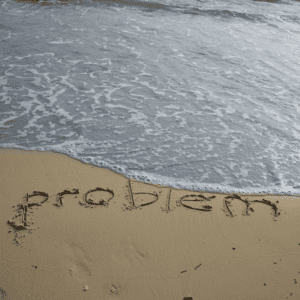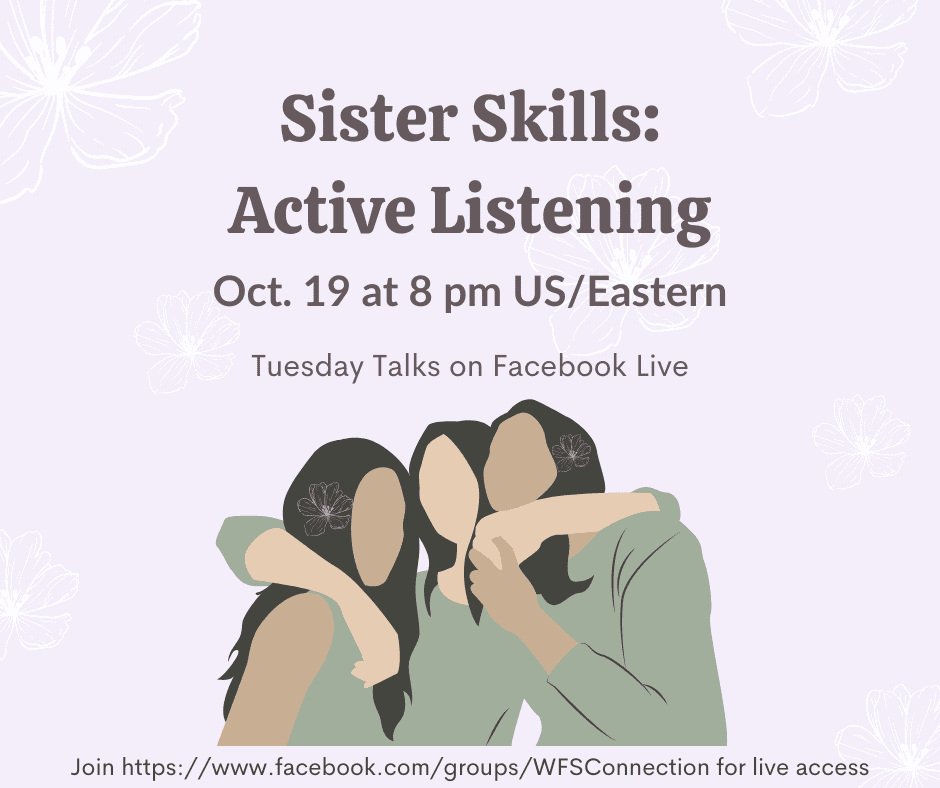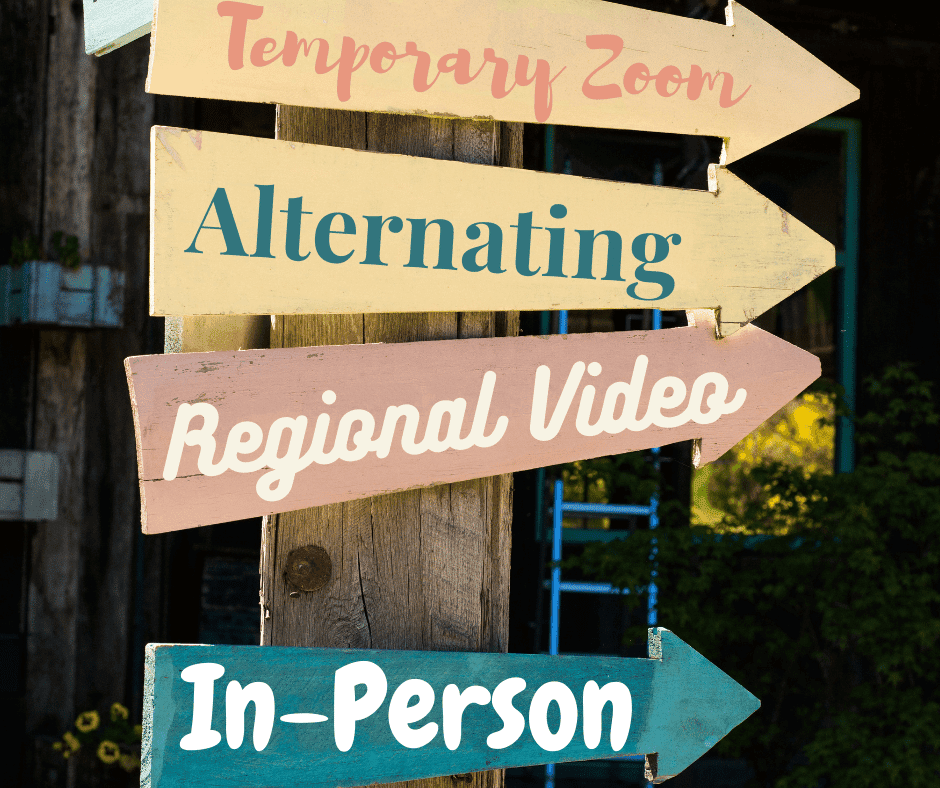Your cart is currently empty!

Monday Thoughts 1.16.23
“If you avoid conflict to keep the peace you start a war within yourself.” Cheryl Richardson “Your fear is 100% dependent on you for its survival.” Steve Maraboli “When trauma has shaped you, try not to confuse who you had to become with who you can be.” Thema Bryant Davis








